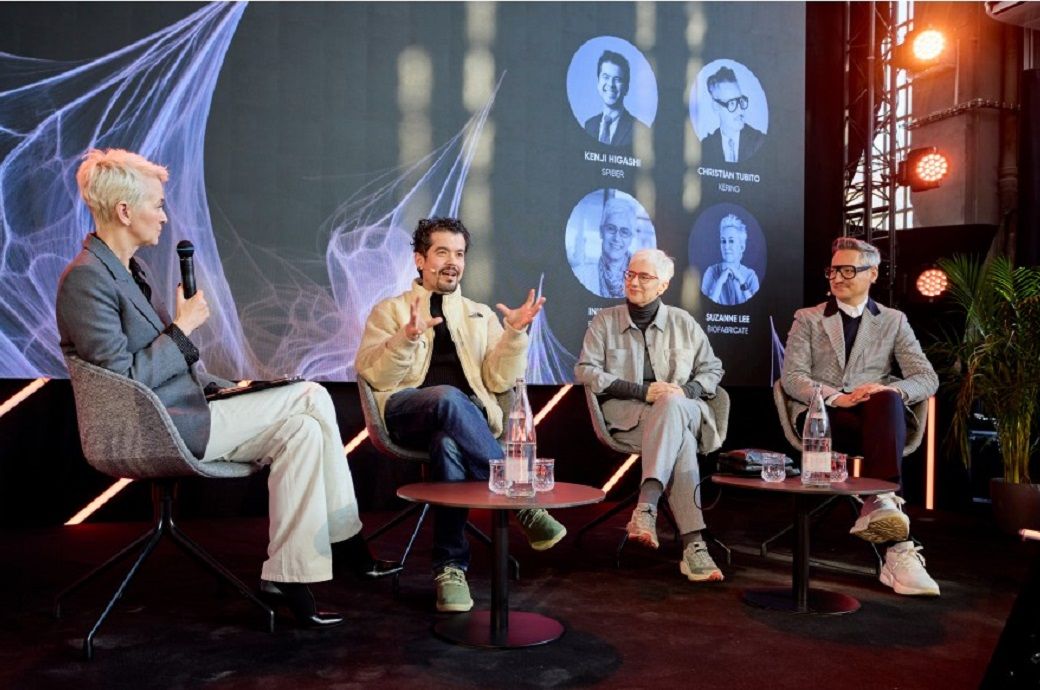
The collaboration marks a significant step towards achieving fully circular textile products that can be industrially regenerated into Spiber's innovative Brewed Protein materials at the end of their lifecycle. This initiative is Spiber's response to the pressing sustainability challenges in the apparel industry, advocating a collaborative approach to expedite research and development and hasten the implementation of this advanced system.
The new partnerships build on existing collaborations with Goldwin and Pangaia, which began in June 2023. The collective goal is to catalyse the transition from the traditional linear ‘take-make-use-dispose’ model to a sustainable circular ‘take-make-use-reuse’ model, Spiber said in a press release.
As part of the project, the participating brands will support Spiber by supplying samples for lab-scale testing. These samples may require custom production by the brands' supply chain partners, as they must be composed of specific fibres processed with essential textile chemicals.
Lab-scale testing will collect data to analyse how various textile chemicals, such as finishing agents and colourants, affect the conversion of cellulose and protein-based materials into nutrients usable in the fermentation process. Spiber plans to compile the results into a database, informing the industry on the efficiency of different materials and chemicals in the fermentation process. This database will act as a key resource for designing circular products compatible with Spiber’s circularity solutions.
In 2023, Spiber's biosphere circulation project published product design principles to guide the industry in creating compatible products with circularity solutions. The project's brand participants have already started testing and analysing fibre and chemical combinations to determine their conversion efficiency into fermentation nutrients. This collaborative effort signifies an industry-wide move towards more sustainable and circular practices in textile production.
Fibre2Fashion News Desk (DP)